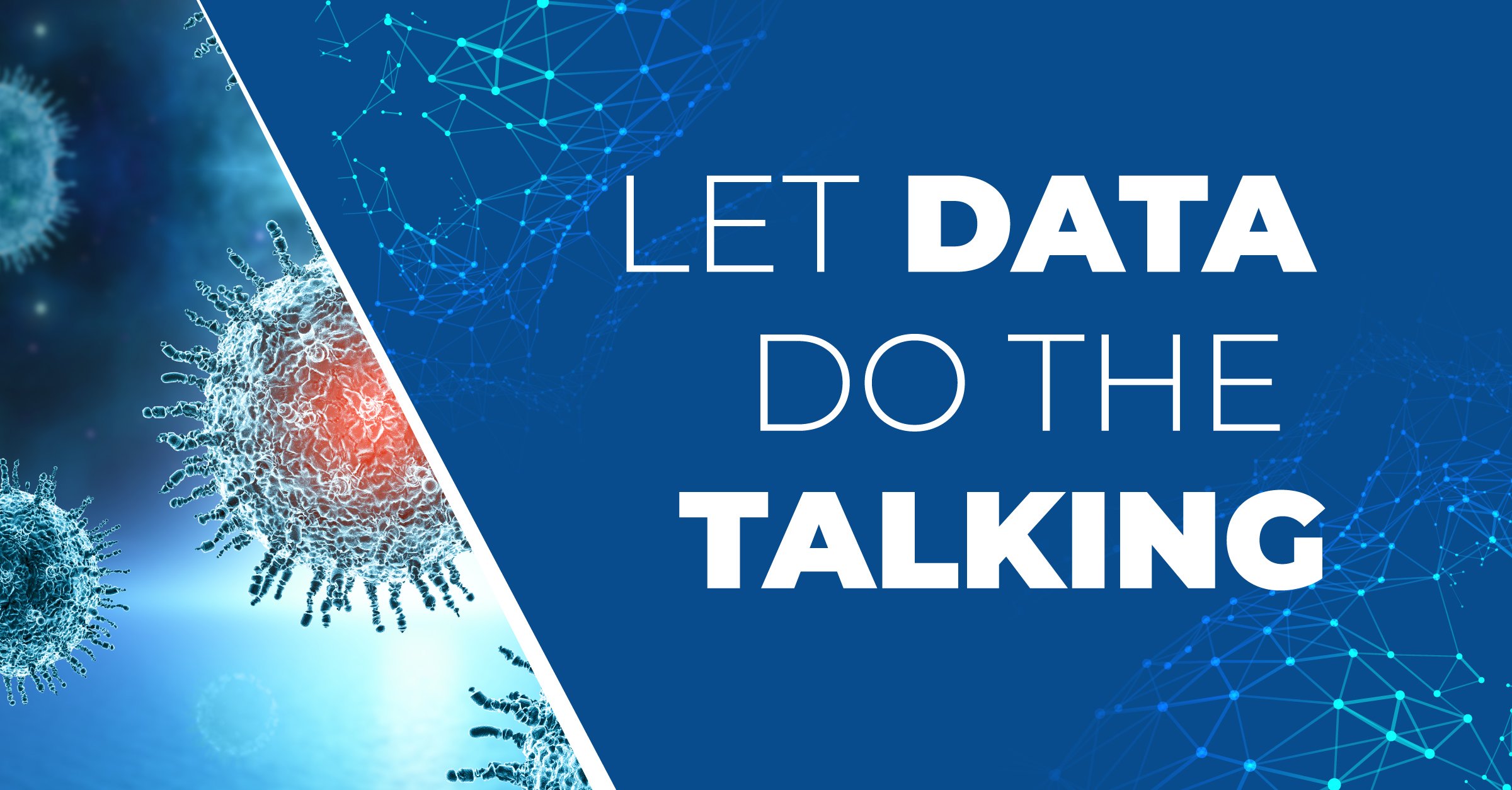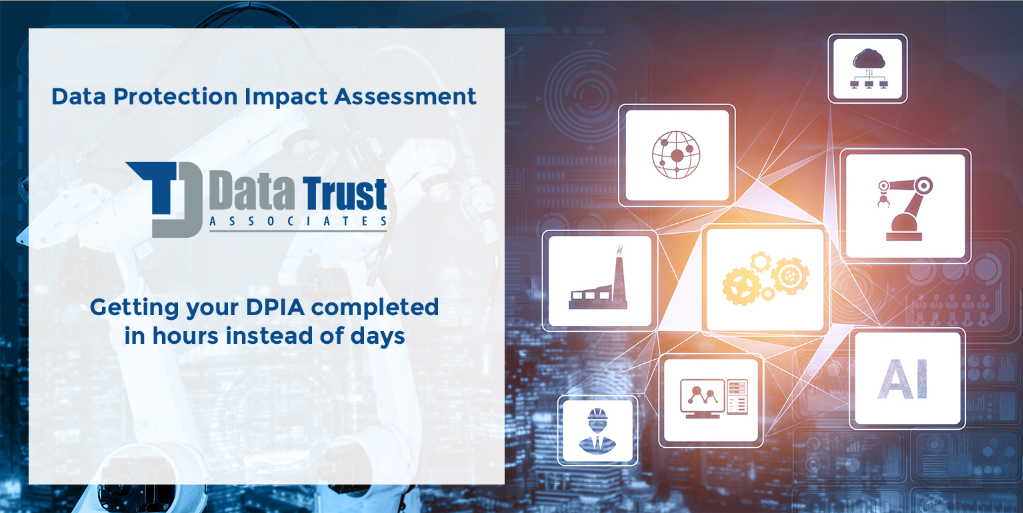The blockchain technology has taken the world by storm and Bitcoin frenzy is still in its aftermath. Every modern company gave at least a thought or two to including this incredible technology into their business affairs.
Let’s see what the features of blockchain are and what these new business models include.
Blockchain properties
The blockchain technology is defined as a: “Time-stamped series of an immutable record of data that is managed by a cluster of computers not owned by any single entity.”
Using cryptographic principles, each data block is protected by the highest standards of cybersecurity. This technology is unhackable. The main properties are:
- Decentralization
- Immutable
- Transparency
Such unmatched properties create a great need for blockchain centric business models, as modern businesses are always interested in high levels of cybersecurity.
- Businesses use this advanced technology:
- To safely store data
- To boost supply chain functionality
- To create new decentralized AI models
Models of blockchain-centric business
1. Utility token model
This model has three main properties:
- Role
- Features
- Purpose
The primary purpose of this model is to conduct business by using tokens as a new mean of fund transfer. Tokens give holders:
- Right
- Value Exchange
- Toll
- Function
- Currency
- Earnings
2. Blockchain as a service
BaaS model allows businesses and their clients to outsource their focus on a customer-centric approach.
This includes services like:
- Hosting
- Cloud storage
- Push notifications
- Remote updating
- Database management
- Authentication
BaaS pretty much includes leaving technology to the experts while you focus entirely on your business, it’s as simple as that.
3. Securities
This is a fresh business model that relies on a security token offering. The holders of securities can:
- Use their tokens in trading for assets
- Use tokens as collateral
- Use tokens for storage
The main principle of this business model is to make a profit from the effort of others, and it’s quite a lucrative model that many companies look up to.
4. Development platforms
This model revolves around a wise observation stating that the more users a network or a platform involves, the more it’s worth.
Development platforms work by growing exponentially with the number of users. More users attract more users –this goes without saying. This model includes three sub-models:
- Network fees
- Auditing
- Other services




